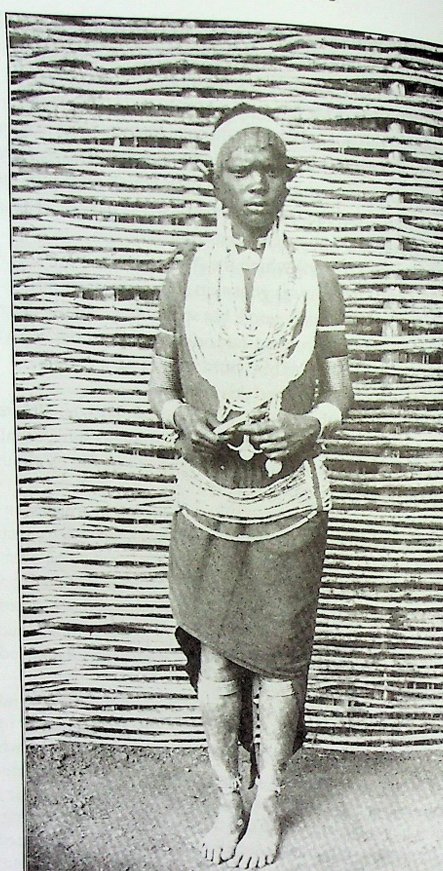Ngurario, Rūracio, Irua, your children's cultural day, cultural photo shoot. If you have any of this events and ceremonies, get in touch with our in house designer @designs_naomi Her excellent work was last year featured in a local daily newspaper. Her number is 0702-376767👇👇👇 







• • •
Missing some Tweet in this thread? You can try to
force a refresh




























